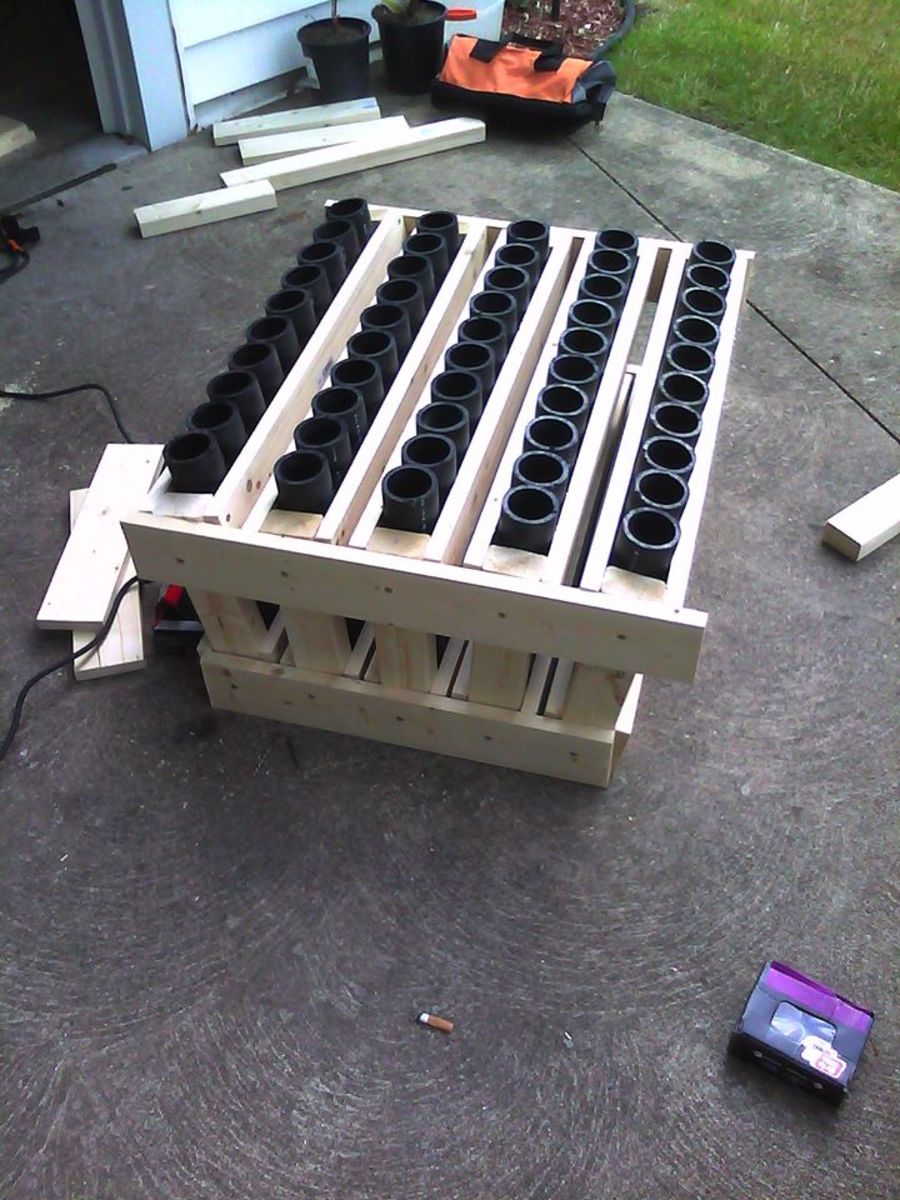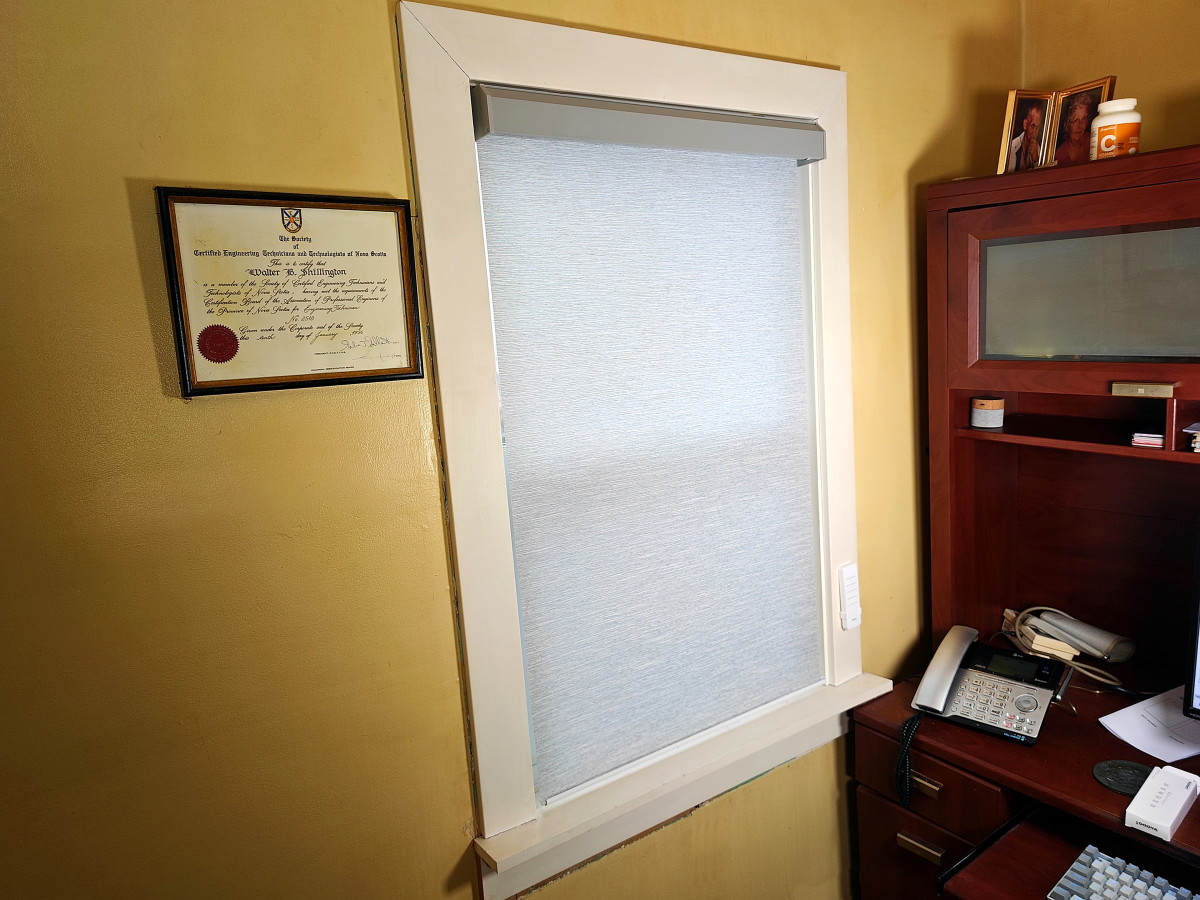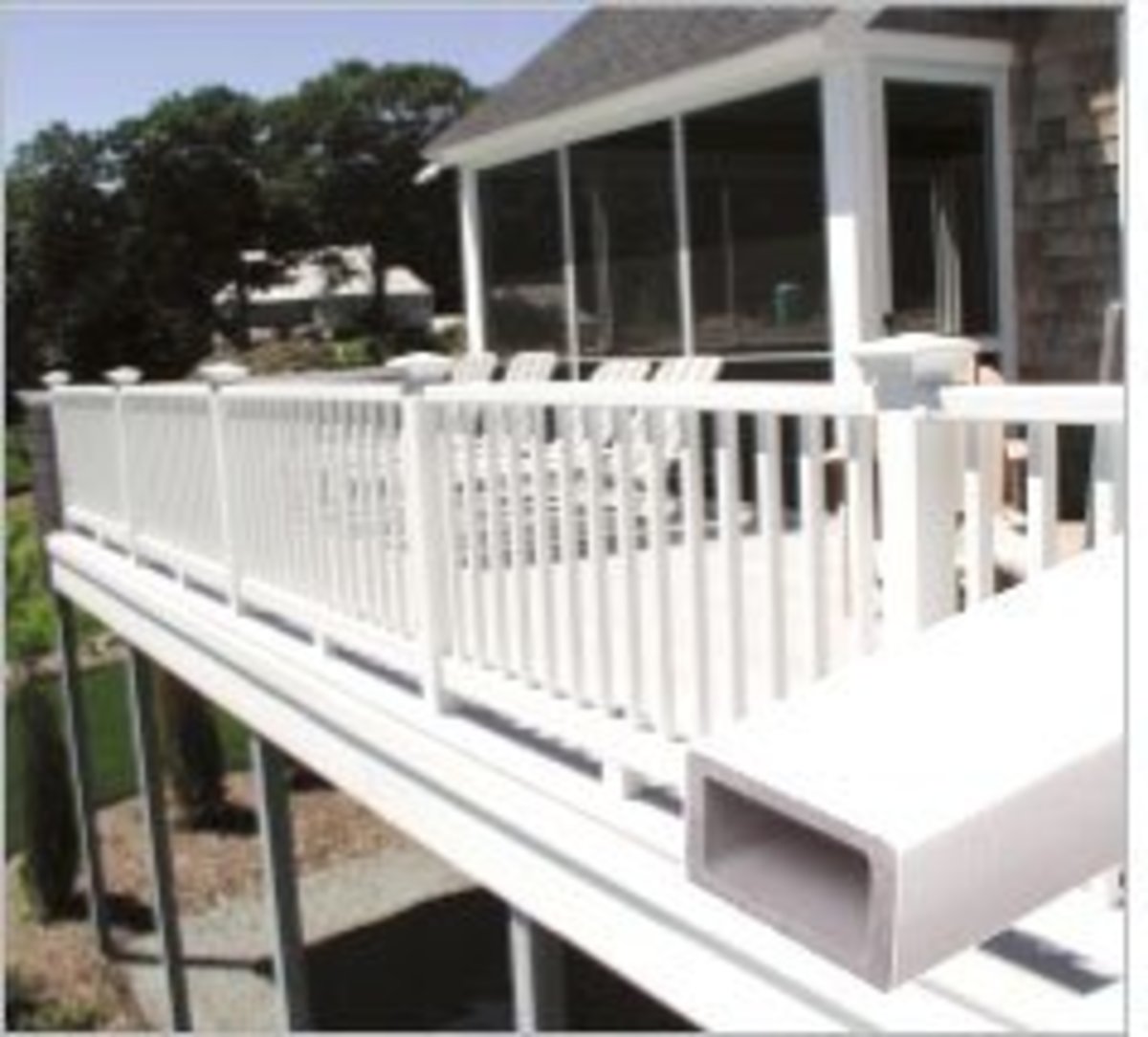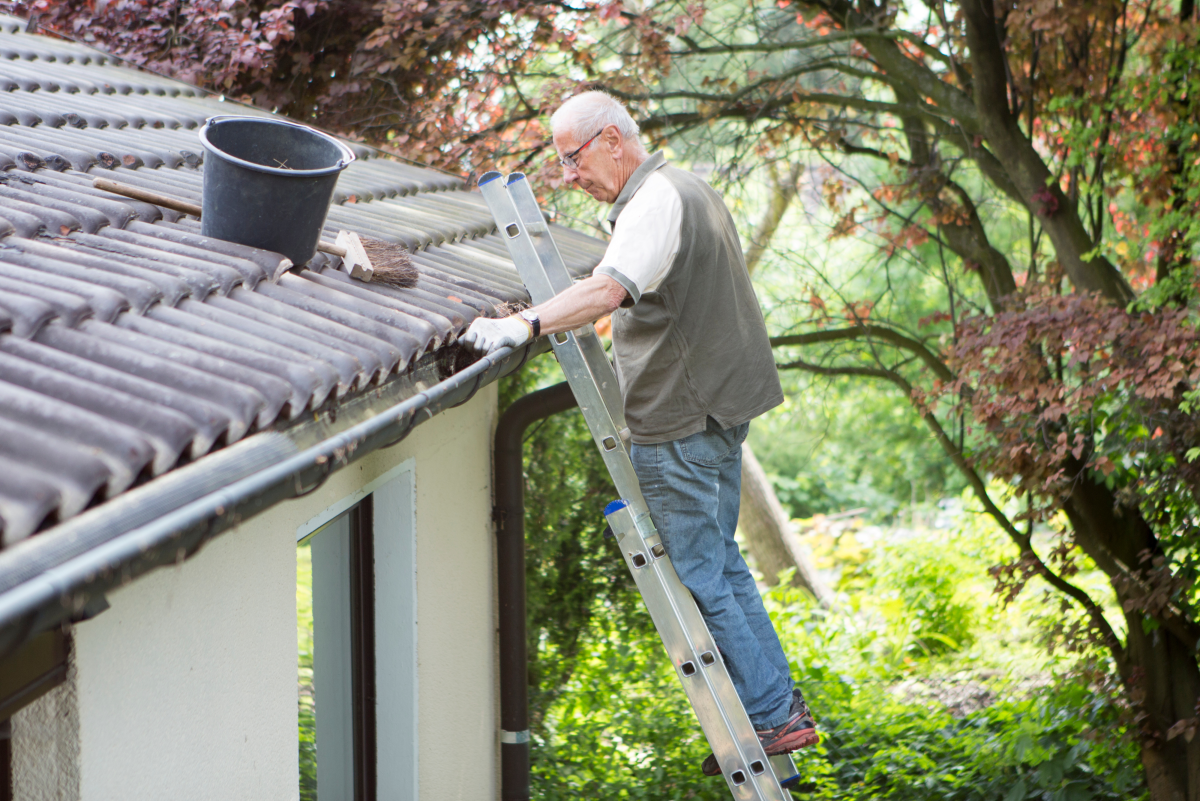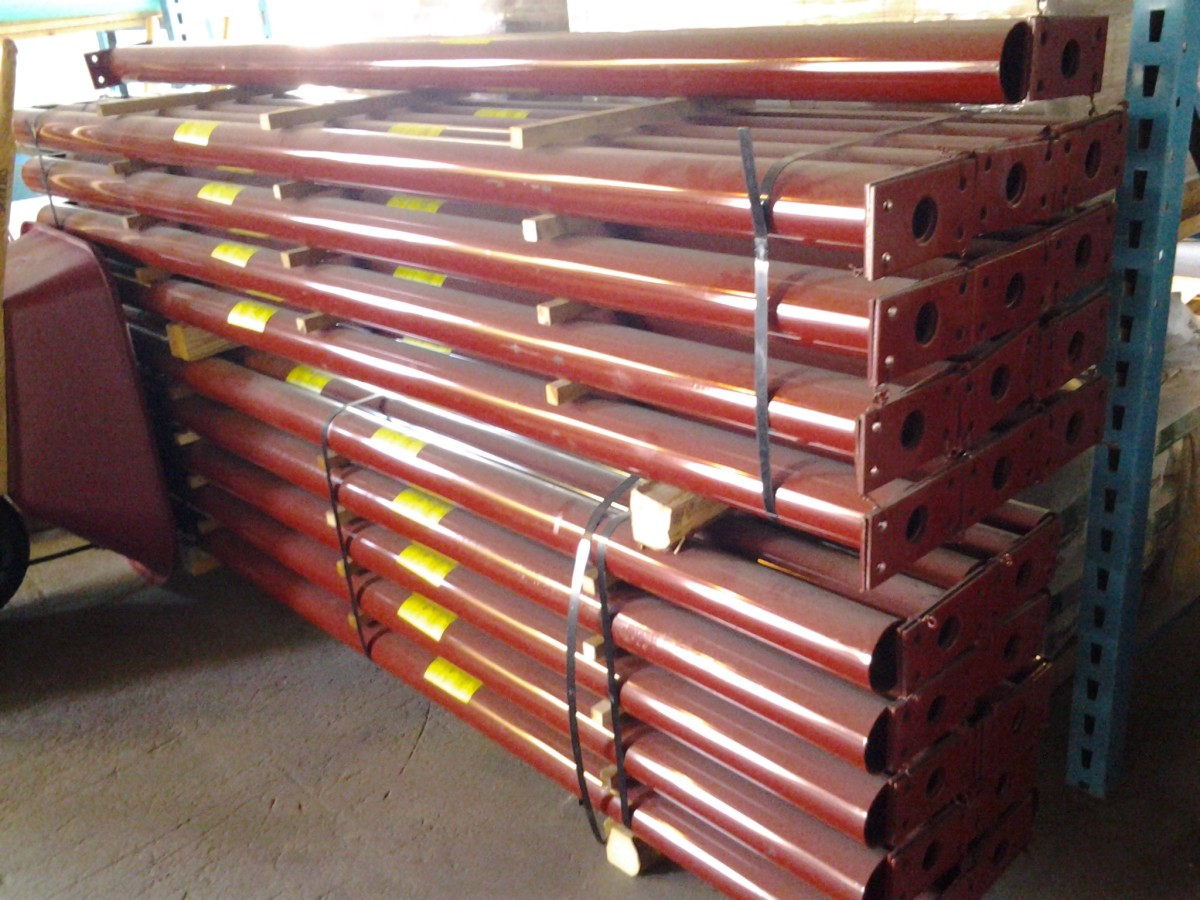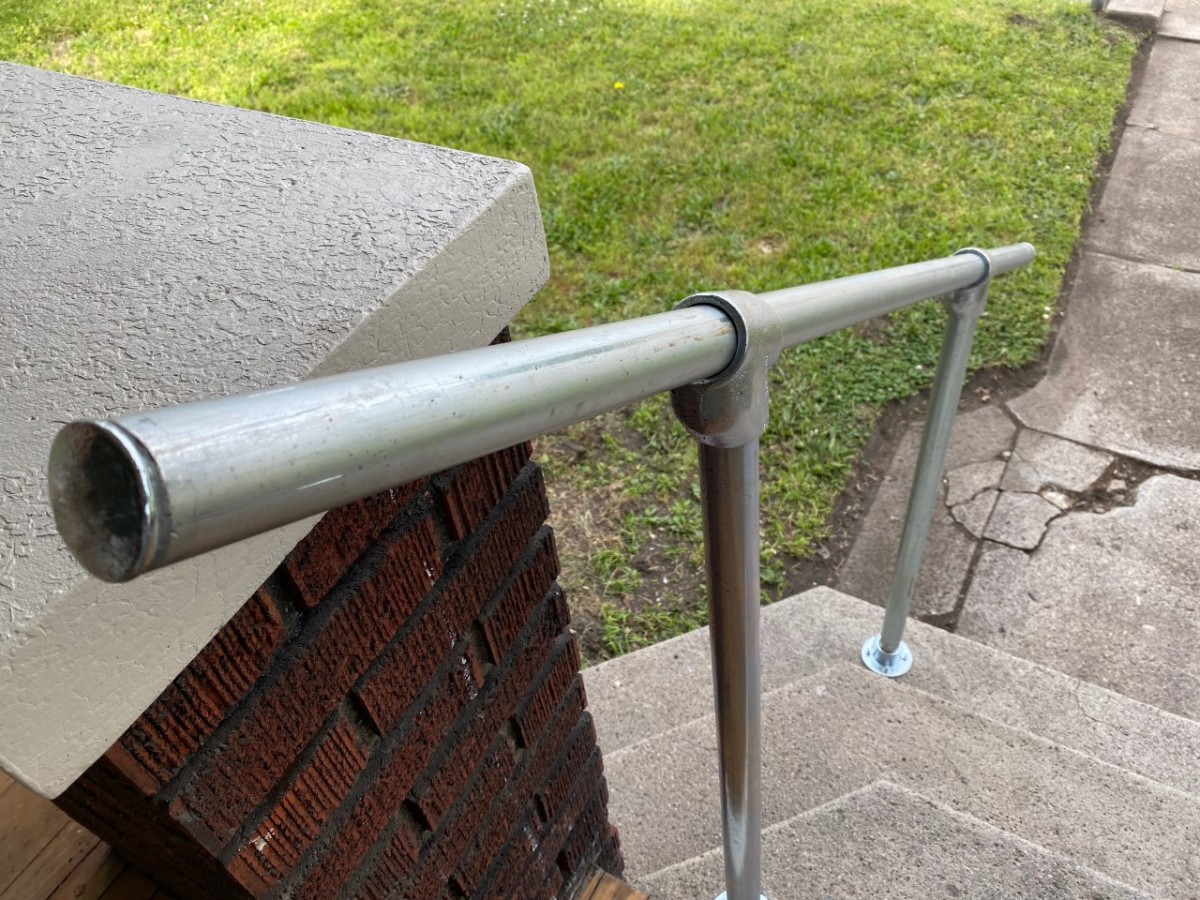Important Safety Considerations For Homeowners/ Occupiers
Home Safe Home? Is My Home Safe Enough?

Preventing Accidents In the Home
Many accidents in the home are preventable if homeowners endeavour to make their homes as safe as they can be. Just as landlords need to comply with periodic inspection tests at least annually, prudent homeowners should do the same. They must be aware of the safety aspects of running a home and maintain it to a high standard to guarantee that all occupants are living in a safe environment.
The old saying: ‘Safe as houses' is a paradox because houses, when left to their own devices, are anything but safe! As a homeowner, you have to work at keeping your property in order so it doesn’t become dangerous. Here are a few tips that won't cost you a fortune and will ensure that everything in your home runs smoothly, efficiently and safely. You don't have to run around with an official-looking clipboard but just keep a checklist to hand so you can refer to it frequently.
Winter Warmth
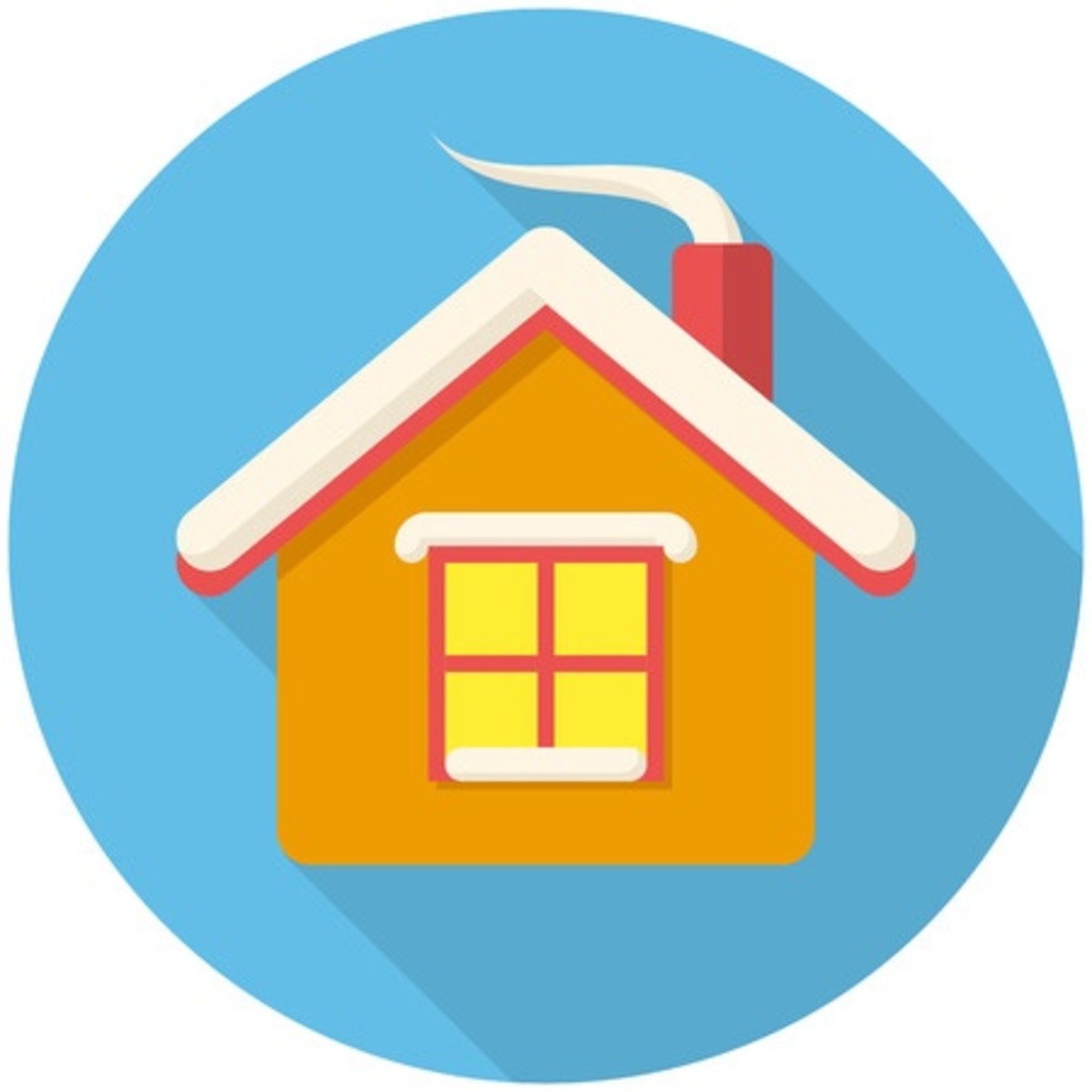
Heating Installation:
Have your boiler (or furnace) and central heating checked annually; before the onset of winter is advisable, so the system copes with the extra workload. This will ensure the flame is burning correctly and does not become a hazard regarding carbon monoxide emissions. When the boiler is inspected, the heating engineer will check to see there's adequate ventilation and no blockages which could allow build-up of this deadly substance. Carbon monoxide detectors can be bought cheaply and are real life savers; this silent and odourless killer can be stopped in its tracks by performing periodic safety checks on all appliances that run on gas or fossil fuels.
Smoke Alarms:
In the UK, your local fire service will be happy to supply you with free smoke alarms; they will install them on every floor of your home. These alarms have a battery life of ten years; all you have to do is test them weekly to guard your safety in the event of a fire. Besides this, it's advisable if all occupants have a strategy in place for the swift evacuation of the building. When you lock up last thing at night, does everyone in the house know where the front door and rear door keys are located? Fumbling with keys and locks loses precious seconds in a house rapidly filling with toxic fumes.
Don't Forget Home Insurance For Contents And Buildings
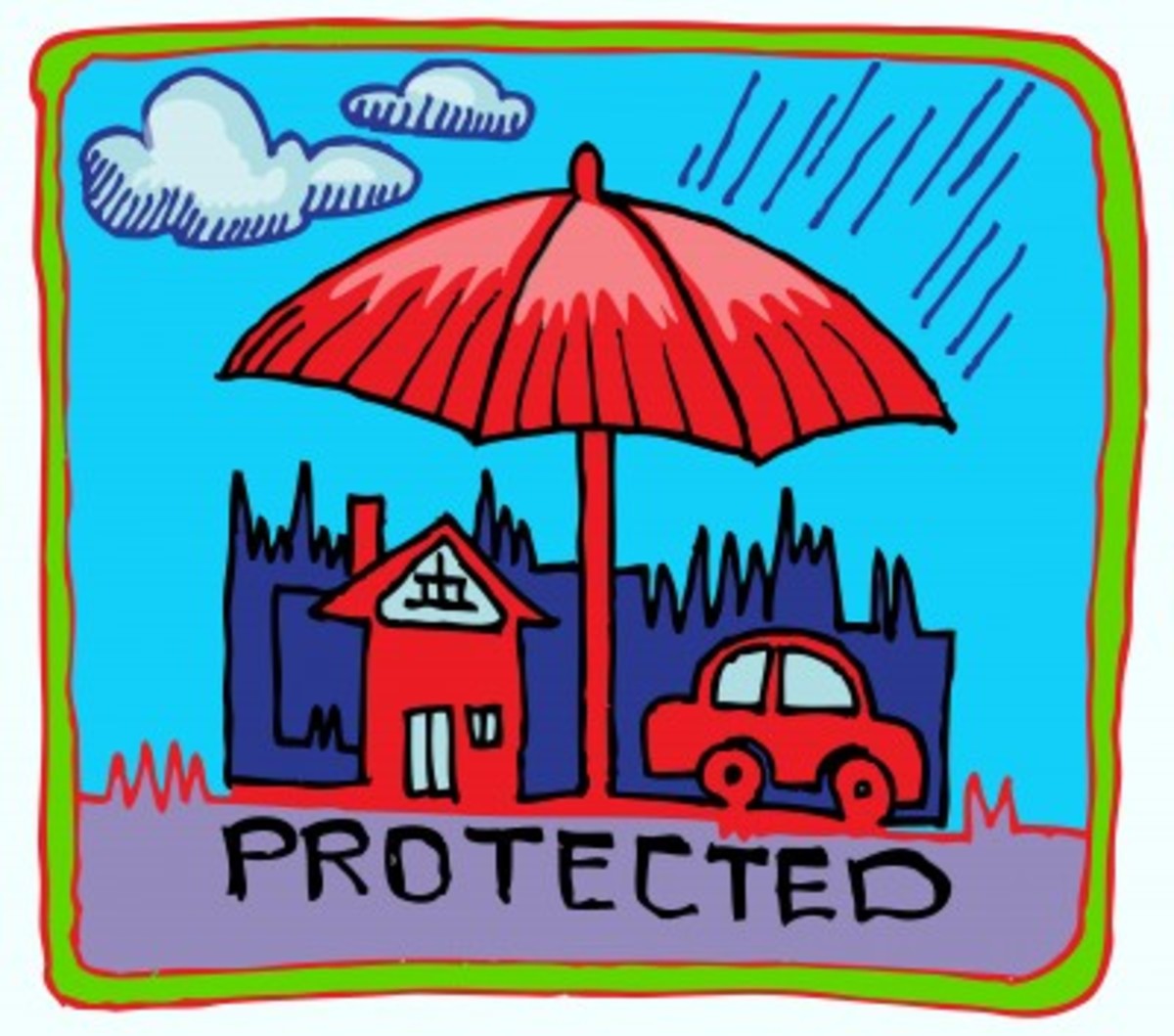
Fire Safety Accessories:
Ensure that fire-fighting equipment such as fire blankets and extinguishers are kept in a location that's easily accessible at all times. Preferably near places where fires are most likely to break out - such as kitchens. For anyone who lives in a two or three storey property, fire escape ladders can be bought cheaply from outlets like Amazon as can other fire safety accessories such as smoke alarms. Make sure that all members of your household are shown how to use them. Make them aware of a few simple rules too - for instance never to tackle an electrical fire with water.
Handrails And Grab Handles
Every home should have a stair rail installed on all staircases but ensure that rails are correctly fastened to the wall and check fixings regularly to see they haven't worked loose. The same applies to grab handles and other accessories specifically designed for the disabled and elderly - both inside and outside the home. It's vital that stairwells and access to rooms are not blocked with household clutter which would cause an obstruction in the event of a fire.
Home Safety (USA)
Electrical Equipment And Installation
Have a competent electrician check the electrical installation periodically to ensure that all sockets and circuits are safe and functional and that the main consumer unit is in accordance with modern standards. Dispose of any electrical apparatus that has frayed or damaged cabling such as electric blankets. Don’t take unnecessary risks with worn or dated electrical items when the cost of replacement is so low. If in doubt - throw it out! Be wary of second-hand electrical items that are not worth the risk just to save a few pennies. Make sure you teach your children the dangers of water being exposed to electricity.
Home Safety (UK)
Other Home Maintenance Issues
Personal safety issues aside, homeowners can check the fabric of the building at regular intervals to ensure the property is watertight and weatherproof. This will prevent the development of serious issues inside the property such as damp. Property defects never go away and if not addressed when first detected will almost certainly get worse and cause problems away from their point of origin.
The Roof
Check that all tiles and shingles are intact and in place at regular intervals especially after periods of high winds. It doesn't take long for extensive damage to be done to the roof and underlying structure once water is allowed to seep in. The same applies to flashing around chimneys and missing pointing in the brickwork which can leave exposed areas vulnerable to the elements. Flat roofs are particularly vulnerable and need to be checked frequently to see there are no rips and tears.
Guttering
In order to avoid penetrating damp, all guttering should be checked regularly and maintained so that silt and leaves don't create blockages that encourage ingress of water. They should also be kept free of plant material that can invade the roof space.
Overgrown Trees and Shrubs
Keep all creeping vines and ivies in check by cutting back regularly and ensure trees don't become a problem by being located too near to your home or drains. If in doubt, heed the advice of a tree surgeon so that nearby trees don’t pose a threat to you or your home.
Windows And Doors
Be sure that all hinges and mechanisms run freely and aren't loose or rusted. A quick spray of WD40 or similar product works wonders and prolongs the lives of locks, latches and moving parts. WD40 protects against rust and water and is invaluable throughout the home.
Water System
Check all internal pipework at regular intervals because a small leak can often go unnoticed but will still do a lot of damage over time. Water damage can be as bad as fire damage. It is wise to check the loft space occasionally too and other areas of low usage where infestations and deterioration can easily go unnoticed.
Whether your home is large or small, a periodic inspection will be beneficial in highlighting any areas that need immediate attention and a few minutes of your valuable time now and again will save you a great deal of money or could even save your life.
Protect Yourself Against Burglary

Theft
There are often compromises to be made between home safety and home security. Bolting your doors like Fort Knox will do you no favours if you need to get out of the house in a hurry. Take the advice of your local police when it comes to security but be sure you can still evacuate the premises swiftly in the event of fire. Remember stolen items can be replaced but lives cannot.
Home Safety Poll
Have you taken every precaution to ensure your family and home are as safe as possible.?
© 2017 Stella Kaye

